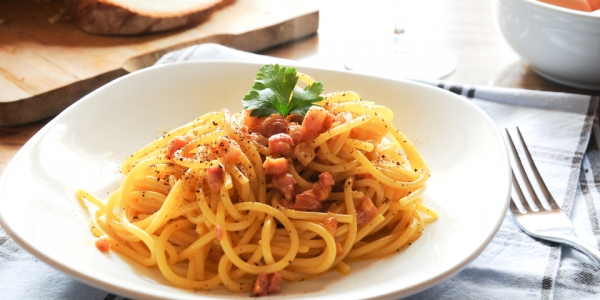Ways Biotechnology makes the globe a lot more sustainable
Cultured meat
Mosa Meat, an organization started by the first scientist to form lab-grown meat, is preparing to launch its 1st cultured beef burger in 2021. Alternative firms during this field are seeking to grow meat from a variety of various animals. Some examples are UK-based Higher Steaks that's growing pork, the Israeli company Super Meat performing on poult....
Tags : Mosa Meat, Biotechnology , Flavorings , Sustainable Product,


comments (0)